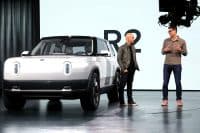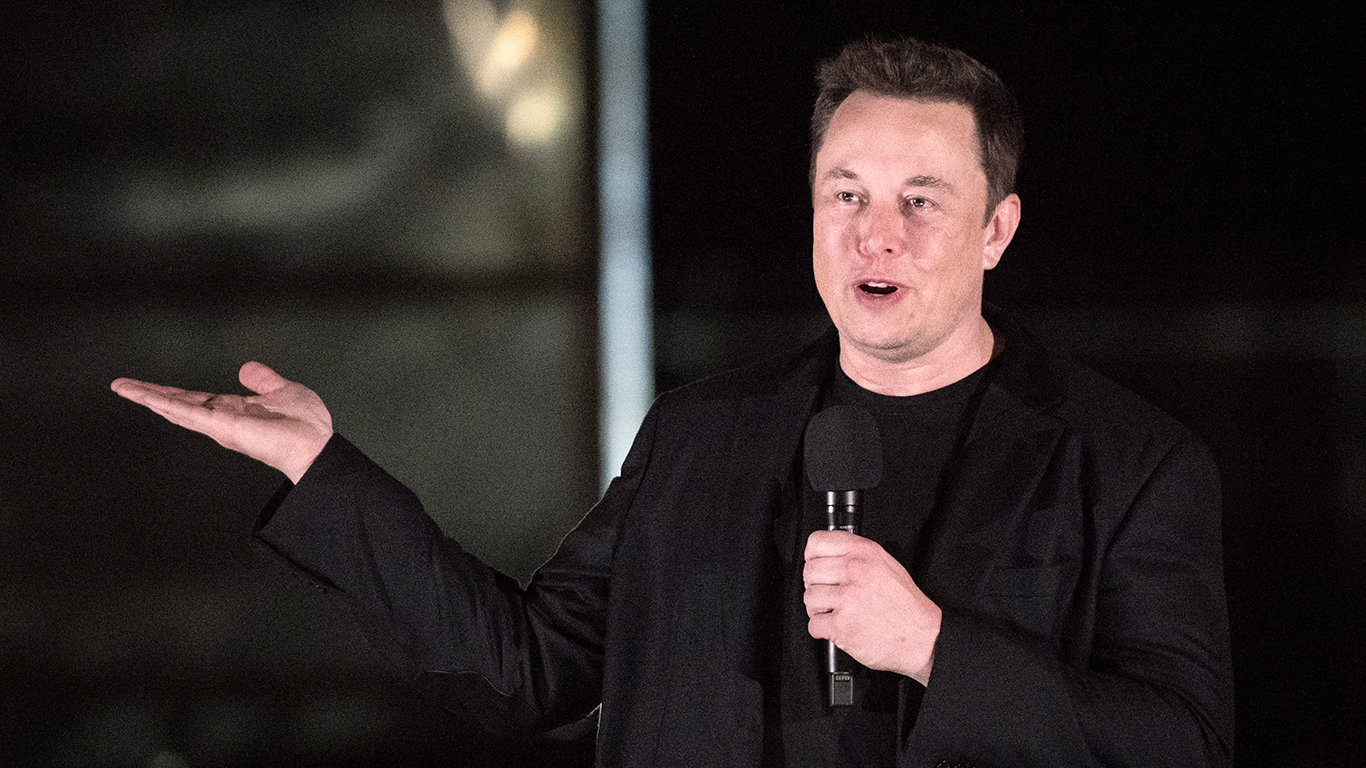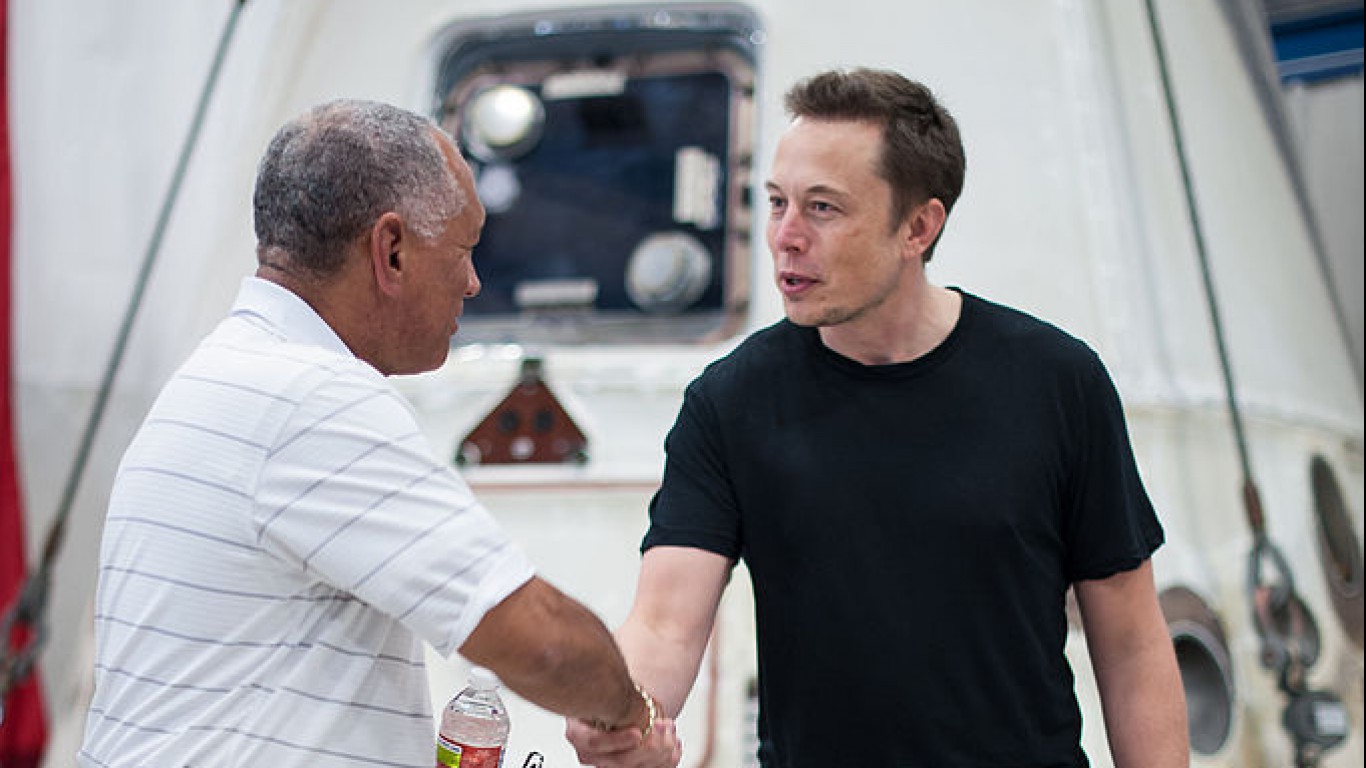
It’s been a little over a year since Elon Musk bought Twitter for $44 billion. Musk funded the acquisition by selling Tesla stock (NASDAQ: TSLA) and taking $13 billion in loans underwritten mostly by Morgan Stanley (NYSE: MS), Bank of America (NYSE: BAC), and Barclays (NYSE: BCS). About $10 billion came from outside investors, including Qatar’s sovereign wealth fund.
But changes Musk made after acquiring Twitter in October 2022 have scared away advertisers. (Check out every company Elon Musk owns.)
The 52-year-old entrepreneur gutted Twitter’s content-moderation team. He also implemented changes to Twitter’s “blue check” verification system. For $8 a month, purveyors of hate speech and other problematic content can make their posts more visible than non-subscribers. Musk also reinstated users that had been kicked off the platform.
Lender’s remorse: banks lose Twitter bet
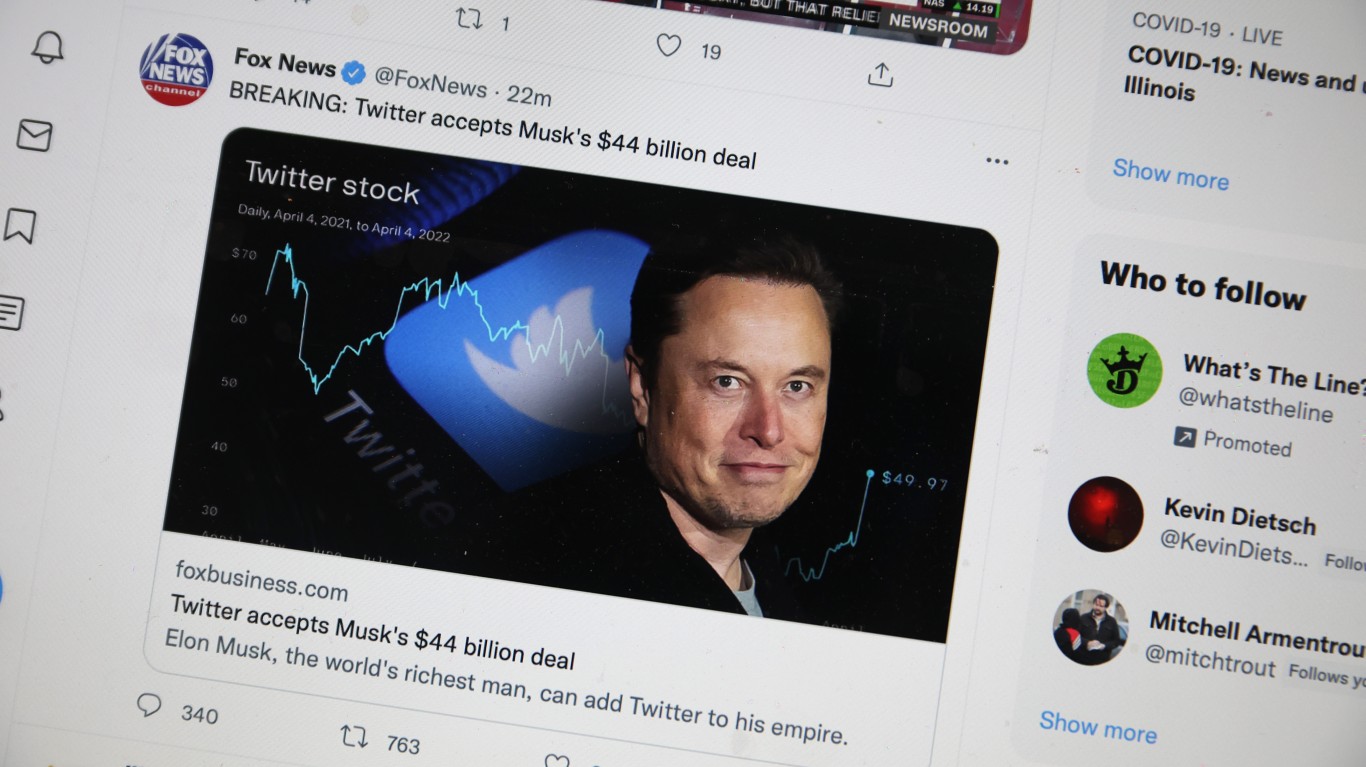
The Wall Street Journal reported in October lenders are struggling to unload the debt they underwrote for the acquisition. They reportedly face a combined $2 billion in losses. Ebiquity, a London-based market consultancy, said recently only two of its 70 clients bought ads on the platform in September. This is down from 31 in the same month last year. Insider Intelligence estimated earlier this year X would earn $2.9 billion in ad revenue in 2023, more than billion less than last year.
CEO Linda Yaccarino has the weighty task of undoing the damage Musk inflicted on the company’s financials.
But a year after his Twitter takeover Musk’s personal wealth has grown. His net worth increased by more than $63 billion this year, to $200 billion, according to a Bloomberg estimate from Oct. 28.
How does Elon Musk make his money?
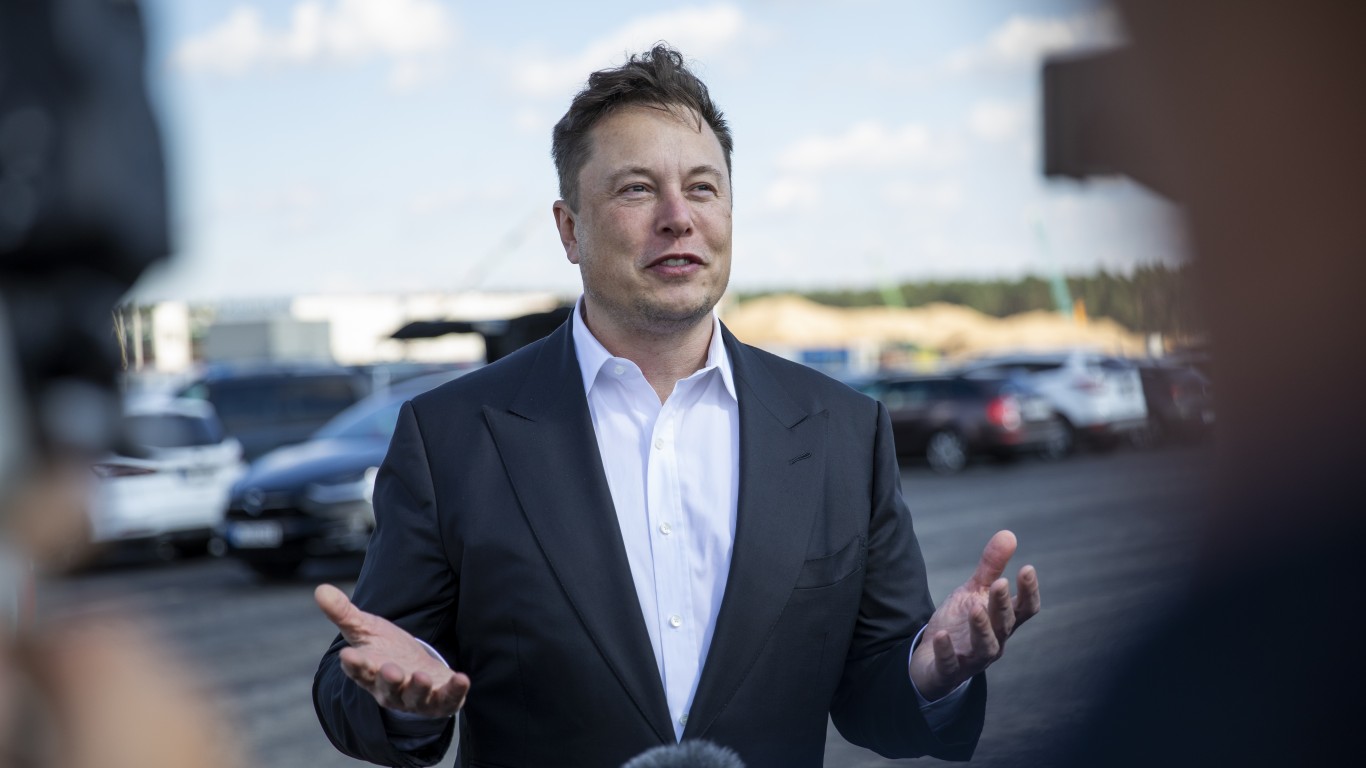
Bloomberg says $83 billion of Musk’s wealth is tied to his Tesla stake. About $53 billion comes from his share of SpaceX.
Extremely high-value assets like this can be used to cover personal expenses and investments while drawing little or no federally taxable income. For example, ProPublica reported in 2021 Amazon founder Jeff Bezos paid no federal income tax and claimed a $4,000 child tax credit intended for low-income working families. At the time his net worth was $18 billion.
How Elon Musk made his money began in 1995 with just $28,000.
The $28,000 question
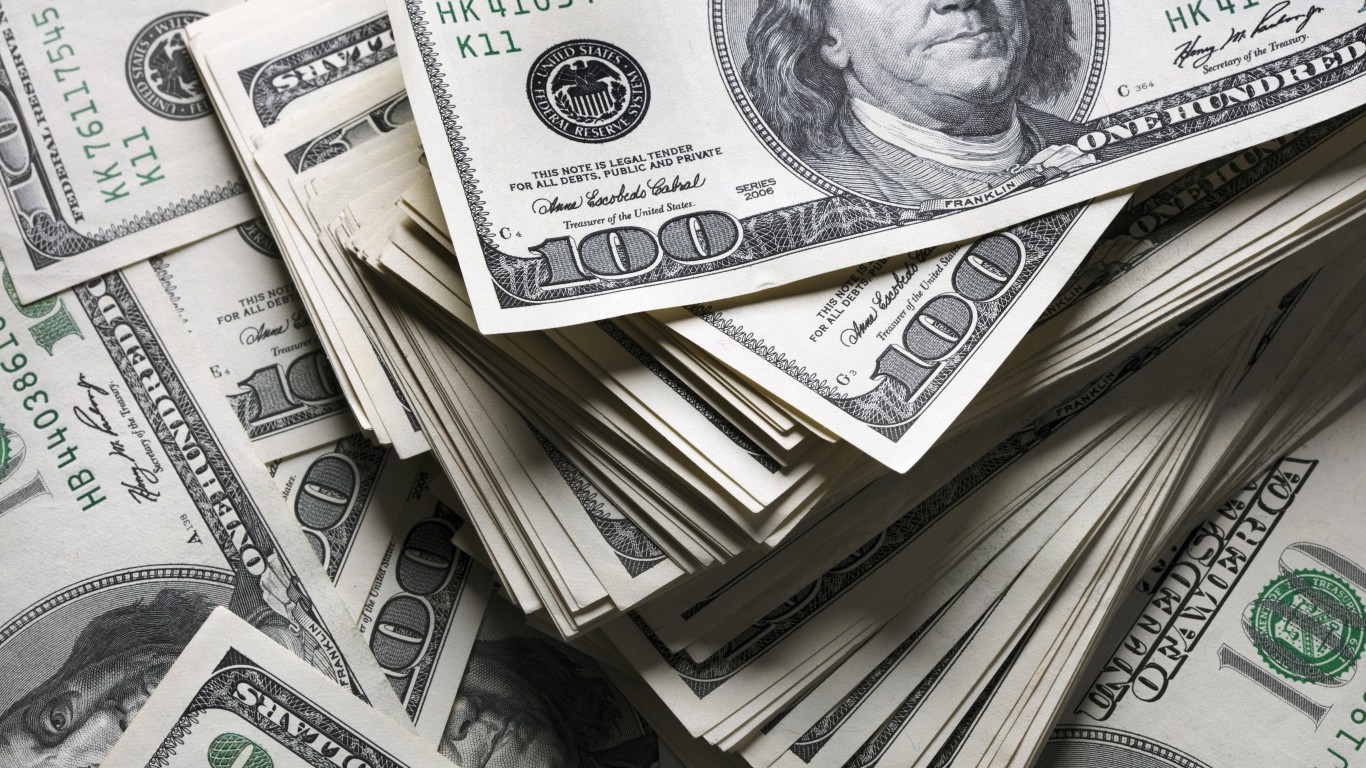
The origin of that money is a matter of dispute. According to “Elon Musk: Tesla, SpaceX, and the Quest for a Fantastic Future,” the 2015 biography of Musk by tech reporter and writer Ashlee Vance, Errol Musk provided his sons Elon and Kimbal with the money they used to establish Global Link Information Network (renamed Zip2 shortly after).
Musk denies getting a handout from his father to establish this early online business directory. He says Zip2 was seeded with $2,000 of his own money, $5,000 from Kimbal, and $8,000 from Gregory Kouri, a well-known angel investor who died in 2012. Musk says his father later invested 10% of about $200,000 in a later angel-funding round that “would’ve happened anyway.” Vance stands by his reporting on Musk’s source of Zip2’s seed money.
Amid the peak of the dot-com boom of the late 90s, when tens of billions of dollars of venture capital was flowing into Silicon Valley, Compaq Computer bought Zip2 for more than $300 million in 1999, just months before the internet bubble burst sending tech stocks crashing. Zip2 became part of AltaVista, Compaq’s search engine. Yahoo! shut down AltaVista in 2013.
From $22 million to $180 million

Musk, who was 27 years old at the time, walked away from the Zip2 sale with $22 million. His brother netted $15 million from the sale.
In 1999, Musk plied much of the proceeds from the Zip2 sale into X.com, an early online bank he co-founded with fellow tech-industry entrepreneurs Harris Fricker, Christopher Payne, and Ed Ho. Months later, X.com merged with Confinity, a software company co-founded by German-American entrepreneur Peter Thiel, to become PayPal. In 2002, eBay bought PayPal for $1.5 billion, turning Musk into a centimillionaire with proceeds of about $180 million
Musk invested $100 million of this cash to found SpaceX in 2002 and put $70 million into Tesla the following year. Both companies have astronomical valuations which is the foundation of Musk’s immense wealth.
100 Million Americans Are Missing This Crucial Retirement Tool
The thought of burdening your family with a financial disaster is most Americans’ nightmare. However, recent studies show that over 100 million Americans still don’t have proper life insurance in the event they pass away.
Life insurance can bring peace of mind – ensuring your loved ones are safeguarded against unforeseen expenses and debts. With premiums often lower than expected and a variety of plans tailored to different life stages and health conditions, securing a policy is more accessible than ever.
A quick, no-obligation quote can provide valuable insight into what’s available and what might best suit your family’s needs. Life insurance is a simple step you can take today to help secure peace of mind for your loved ones tomorrow.
Click here to learn how to get a quote in just a few minutes.
Thank you for reading! Have some feedback for us?
Contact the 24/7 Wall St. editorial team.


